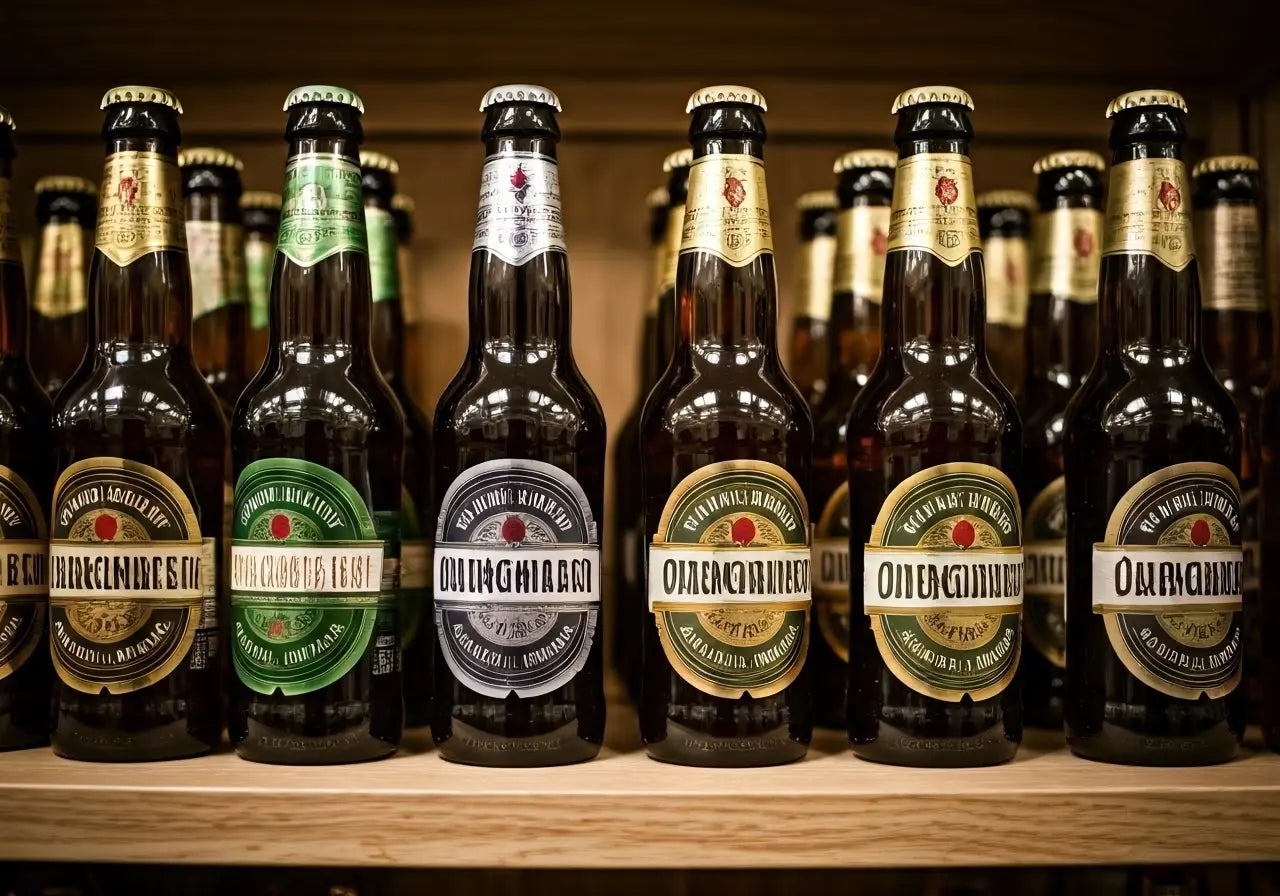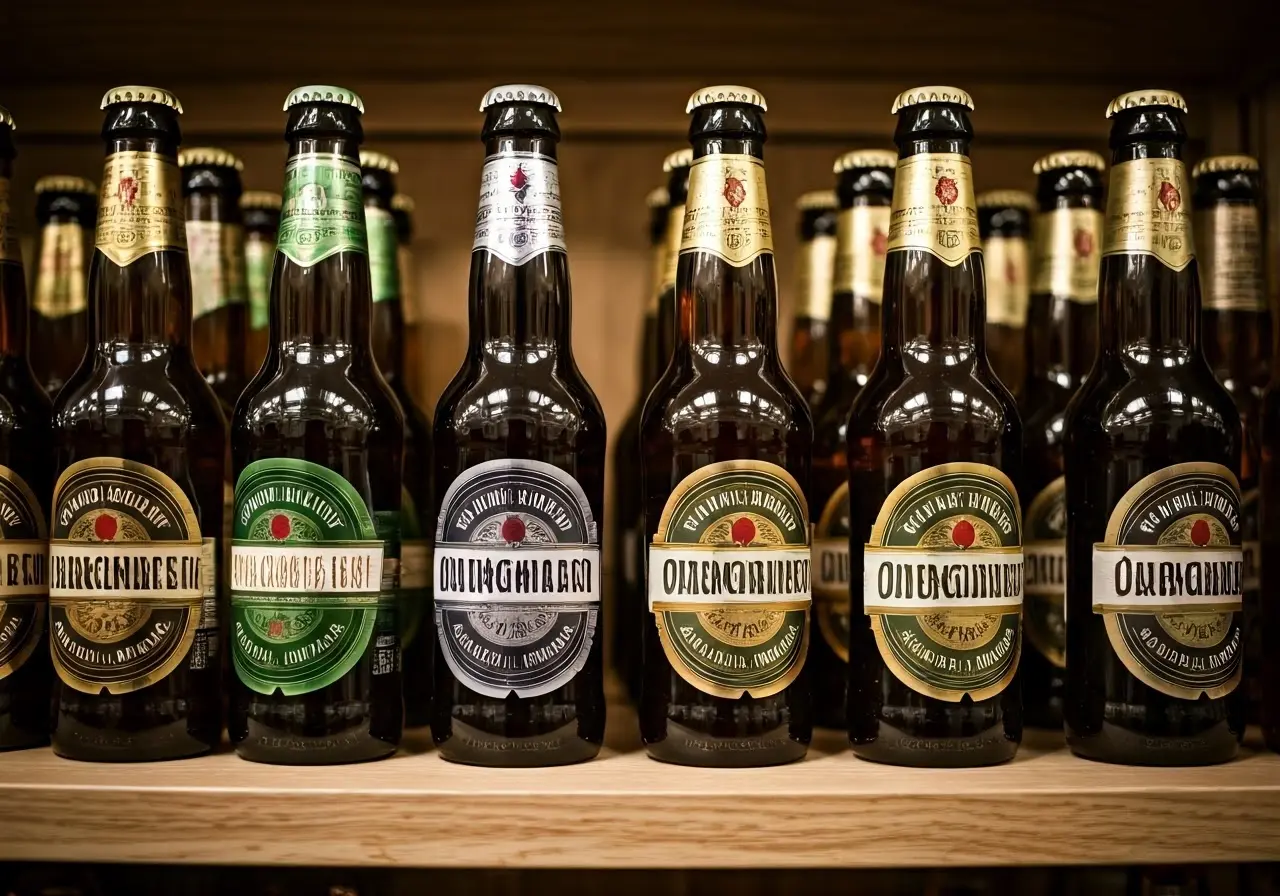
In recent years, the craft of brewing has undergone a significant transformation. With a growing interest in healthier and more conscious consumption, local breweries are exploring the art of creating non-alcoholic alternatives while maintaining the passion and creativity that define artisanal brewing.
The Evolution of Artisanal Brewing
Artisanal brewing has always been about creativity and craftsmanship. As tastes and preferences evolve, so too does the brewing landscape. Brewers are redefining what it means to craft an artisanal product by experimenting with ingredients and brewing techniques. The desire to create unique flavors has led many brewers to explore non-traditional brewing methods and ingredients. For example, the incorporation of local and seasonal herbs, fruits, and other botanicals not only enhances flavor profiles but also ties the product to its geographical roots. This approach not only highlights regional flavors but also fosters a connection with the community, allowing consumers to experience the spirit of the local culture with every sip.
The historical journey of brewing reveals fascinating stories of innovation and cultural exchange. Traditionally, artisanal brewers maintained a strong focus on sustainability. Many are reviving this older heritage by adopting eco-friendly practices such as recycling water, reducing energy consumption, and utilizing local, sustainable ingredients. This not only appeals to environmentally conscious consumers but also sets a sustainable trend for future brewing enterprises. Furthermore, as the global reach of craft brewing expands, these innovative practices ensure that artisanal brewing remains a vital and dynamic part of the global beverage industry.
Understanding the Demand for Non-Alcoholic Options
More and more consumers are seeking healthier lifestyle choices, which include reducing their alcohol intake. This shift in consumer behavior has spurred a demand for non-alcoholic options that still deliver on taste and experience without compromising the social rituals associated with drinking. Non-alcoholic beverages are gaining popularity not just for their health benefits, but because they fulfill a social need as well. As designated drivers, pregnant women, fitness enthusiasts, and individuals who abstain from alcohol for religious or personal reasons seek enjoyable alternatives, non-alcoholic beers are quickly filling that gap.
Social habits are also transforming alongside these changing preferences. People are increasingly opting for non-alcoholic alternatives during social occasions to avoid the after-effects of alcohol, such as hangovers, without missing out on the social benefits of sharing a drink with friends. This changing landscape is not just limited to individual choices; it reflects a broader societal shift towards health consciousness. As craftsmanship, quality, and taste standards continue to rise, non-alcoholic options are becoming an integral part of the social drinking experience, making it more inclusive and diverse.
Crafting Non-Alcoholic Beverages: Challenges and Innovations
The process of creating non-alcoholic beer is a unique challenge that requires innovation and experimentation. Brewers use a variety of methods, such as arresting fermentation or vacuum distillation, to produce non-alcoholic beers that maintain the integrity and complex flavors of their alcoholic counterparts. One of the main challenges is to achieve the same depth and complexity of flavors without the alcohol, which often carries and enhances taste. Brewers often tackle this by experimenting with malt profiles, adjusting hop usages, and diversifying yeast strains to compensate for the lack of alcohol’s body and warmth.
Despite these challenges, the rise of non-alcoholic artisanal beers is also unleashing a realm of possibilities in terms of flavor exploration. Emerging techniques, such as the use of unique filtration systems and natural fermentation variables, allow brewers to capture specific flavor notes and aroma profiles more precisely. This has led to a range of non-alcoholic offerings that are not only palatable but genuinely exciting for the adventurous drinker. Indeed, the creativity and innovation used in crafting these beverages are becoming the cornerstone of a new, vibrant artisanal brewing culture.
Spotlight on Local Breweries Embracing Change
Many local breweries are rising to the challenge and are becoming leaders in the non-alcoholic craft beer movement. By focusing on quality and creativity, these breweries are demonstrating that non-alcoholic options can be just as flavorful and satisfying as traditional beers. Take for instance breweries that integrate locally sourced ingredients like citrus and berries, offering a refreshing and distinctive twist. Utilizing both traditional and experimental brewing methods enables these brewers to produce non-alcoholic beverages that stand out in terms of taste and presentation.
In addition to their innovative brewing techniques, local breweries are also fostering community connections by hosting events and workshops that celebrate their craft. By engaging with their audience through interactive experiences, such as brewery tours and tasting sessions, these establishments not only promote their products but also educate consumers about the art and science behind brewing. As a result, local breweries are forging stronger relationships with their patrons, enhancing their reputation as forward-thinking and community-centered businesses.
The move towards non-alcoholic options reflects not only a change in consumer preference but also a commitment to inclusivity within the beer community. Many of these local brewers emphasize the importance of creating beverages that everyone can enjoy, regardless of their reasons for avoiding alcohol. As such, they are setting a new standard for the industry, proving that inclusivity can go hand in hand with innovation and high-quality craftsmanship. These breweries are truly paving the way for a new era of brewing, where flavor, diversity, and social responsibility coalesce seamlessly.
The Future of Artisanal Brewing: Embracing Change and Innovation
As we look to the future, it’s clear that non-alcoholic options in artisanal brewing are not just a fleeting trend. They represent a shift towards inclusivity and health-conscious choices within the industry. By embracing innovation and staying true to their craft, local breweries are setting the stage for a dynamic and exciting future. Discover more about these exciting changes at Years Beer.

